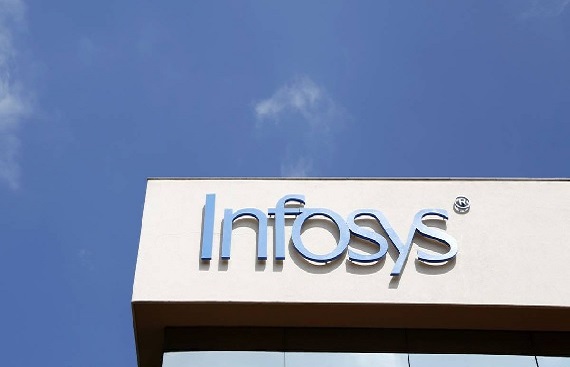Infosys signs five-year AI agreement with $2 billion target spend
By
siliconindia | Tuesday, 18 July 2023, 00:11 Hrs

IT major Infosys received a $2 billion deal spread over five years with an existing client. The deal is to provide artificial intelligence (AI) and automation-based modernization and maintenance services, according to its filing to the stock exchanges filed. The Bengaluru-headquartered firm did not disclose the name of the client. "Infosys has entered into a framework agreement with one of its existing strategic clients to provide AI and automation-led development, modernization, and maintenance services. The total client target spend over 5 years is estimated at $2 billion," the filing said.
This comes a few days ahead of its first quarter results scheduled to be announced. Infosys pegged its FY24 growth around 4-7%--its slowest revenue expansion in six years. A few brokerages also expect the upper end of the guidance to be trimmed due to weak macros. The large IT services firms have been frequently announcing large deals over the past few weeks. Last month, Infosys had a digital transformation deal with Nordic-based Danske Bank valued at $454 million for a period of five years.
The Bengaluru-based software supplier will also gain the lender’s IT center in Bengaluru, which employs 1,400 people. The agreement, which can be expanded for three more additional years, is to accelerate the Nordic-based bank’s digital transformation initiatives with scale. Tata Consultancy Services, also in June, announced it had bagged a $1.9 billion deal from UK workplace pension scheme NEST to digitally transform its scheme administration services. Infosys, in May, won a $1.5 billion deal from global energy giant BP for a period of five years. The deal is the largest it has won in the last three years, it said. TCS beat estimates while reporting a 16.7% on-year increase in net profit to Rs 11,074 crore for the fiscal first quarter, but India's top software exporter warned that the demand outlook continued to be “soft and uncertain” for the near term, with clients withholding spending on discretionary and non-critical projects.
